Lebanon Cedar Wood
- September 11, 2023
- 0 comment
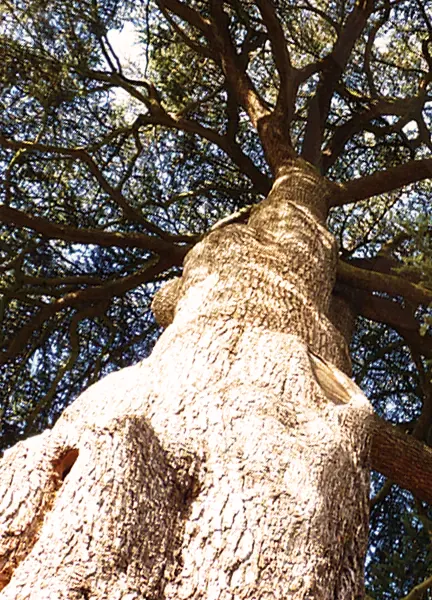
The Lebanon Cedar wood is renowned for its aromatic properties and its rich history, particularly in the Eastern Mediterranean region. It possesses a light reddish-brown hue with a straight grain pattern. Known for its inherent resistance to decay, especially in its heartwood, it has been a coveted wood for various applications over centuries.
Texture
This wood boasts a fine to medium texture, presenting a moderately close grain. When you touch it, the wood tends to feel smooth, accentuating its fine-grained nature. This texture gives it a unique appeal, making it a favorite for specific furniture items.
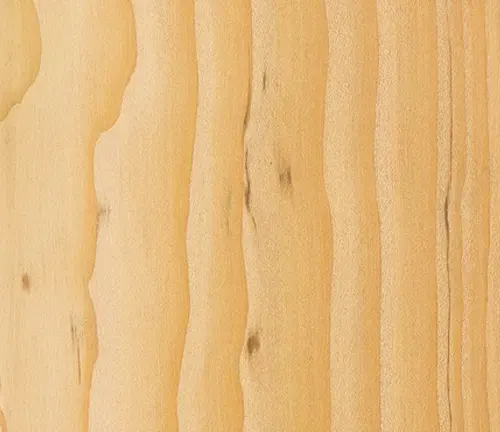
Bark
As the Lebanon Cedar ages, its bark transforms from a darker shade of gray or brownish-gray to a more fissured and scaly appearance. The bark tells a story of the tree’s age and the conditions it has weathered.
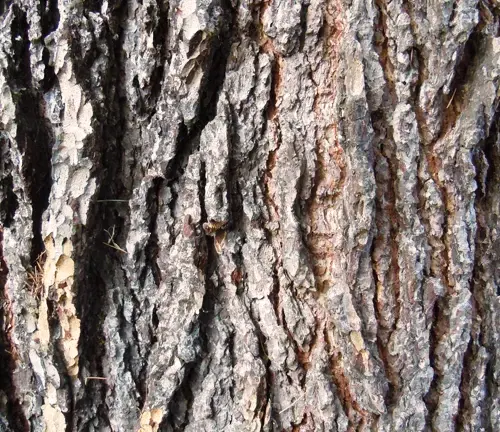
Furniture
The furniture industry values Lebanon Cedar for more than just its aesthetics. Its aromatic qualities can serve as a natural deterrent for pests. This makes it particularly suitable for wardrobes, chests, and cabinets, ensuring that the items stored within remain untouched by moths or other pests.
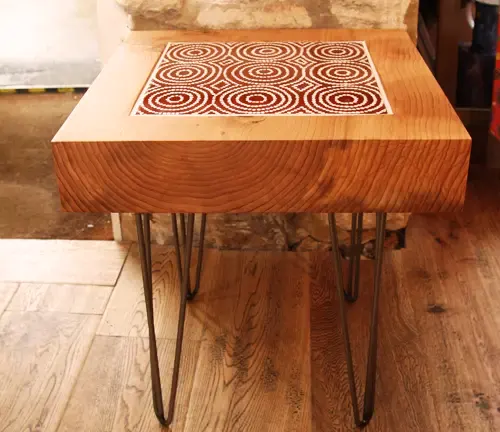
Weapon
Historical records tell tales of Lebanon Cedar wood’s use in the creation of weapons. Its durability coupled with a straight grain made it a top choice for crafting knife handles, arrows, and even parts of chariots.

Firewood
While Lebanon Cedar can be used as firewood, it has its limitations. When burned, it offers a moderate burn rate, often accompanied by pops and sparks. However, its aromatic nature gives it an edge, making it pleasant for those nearby.
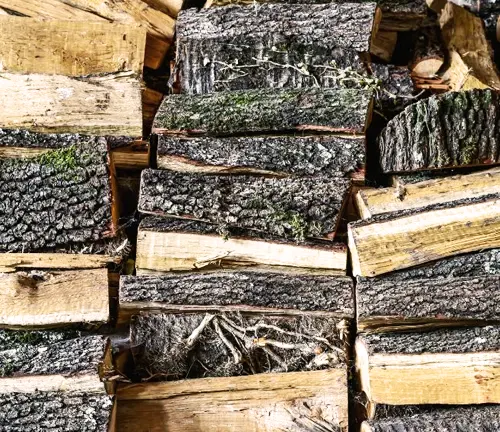
Construction
Construction, especially in ancient times, greatly benefited from the durable nature of Lebanon Cedar. For instance, ancient Egyptians opted for this wood in shipbuilding. Its resistance to decay also positioned it as a sought-after material for outdoor constructions.
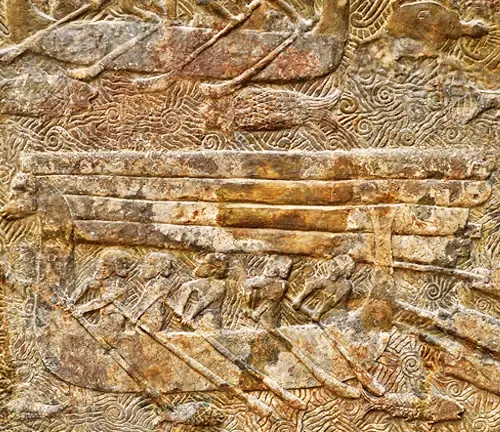
Plywood
While Lebanon Cedar wood can be integrated into plywood, it’s not predominantly known for this application. Other woods might be preferred for purely structural applications, but its aroma and appearance can make it desirable for specific uses.
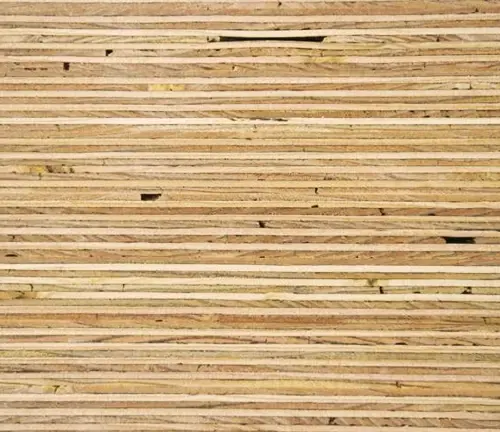
Board
The board made from Cedar is often sought after for applications like shelving or paneling. The innate aroma of this wood adds an additional layer of appeal to any setting.
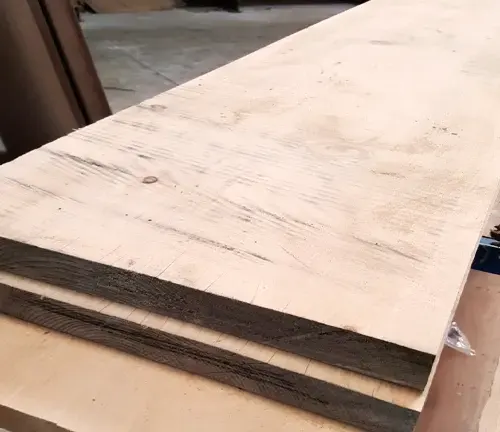
Railroad Cross Ties
Lebanon Cedar is not the primary choice when it comes to railroad ties. Such applications demand a higher-density wood that can handle substantial loads and wear.
Pallet
Even though Lebanon Cedar can be employed to make pallets, there are other woods that are more economical and readily available for such purposes.
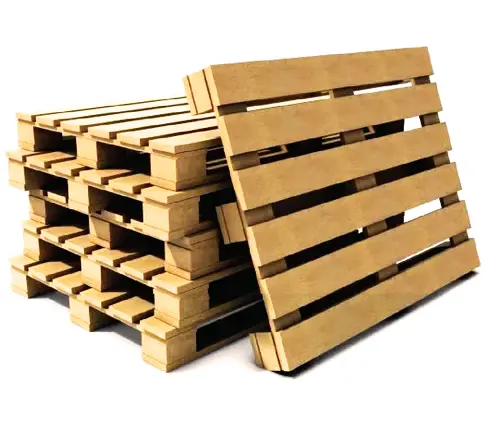
Fencing
One of the standout applications of Lebanon Cedar is in fencing. Its natural resistance to decay and minimal maintenance requirements make it an excellent choice for boundary and decorative fences.
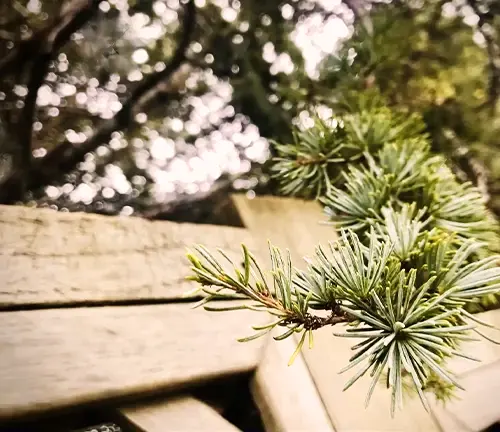
Wood Decking
Decking made from Lebanon Cedar is not only robust and durable but also visually appealing. Homeowners often opt for it due to its color, texture, and its inherent resistance to insects and rot.
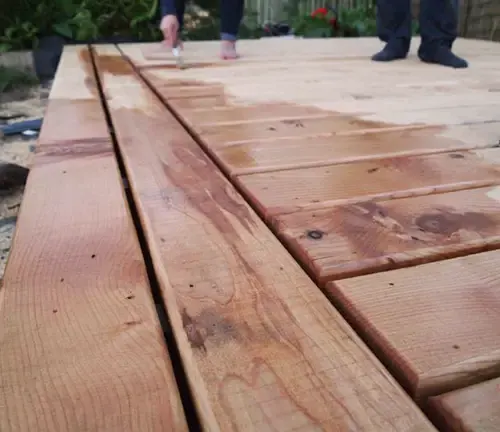
Live Edge Siding
When aesthetics merge with function, we get applications like live edge siding. Using Lebanon Cedar for this gives homes and structures a rustic yet elegant appearance, maintaining the natural edge of the wood.
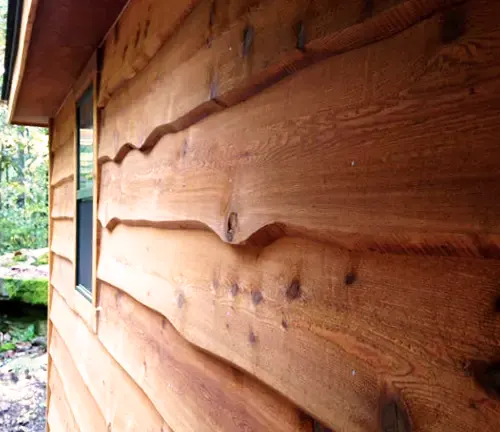
Beams
In structures that demand both strength and visual appeal, beams made of Lebanon Cedar can be an excellent choice. Whether used in homes or outdoor settings, these beams stand as a testament to the wood’s resilience and beauty.
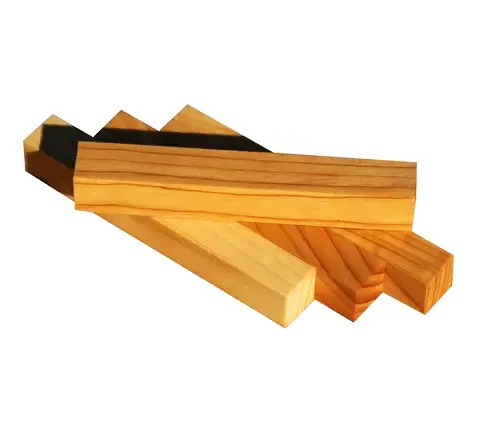
You can check our Cedar Lumber for an even more comprehensive look into the world of wood and its countless applications. There’s a wealth of knowledge waiting for you there, so dive right in and embark on your next enlightening read.
FAQs
- Why is Lebanon Cedar historically significant?
The Lebanon Cedar has cultural and historical significance, especially in the Middle East. It’s mentioned multiple times in ancient texts, including the Bible, and was used by ancient civilizations like the Phoenicians and Egyptians for building ships, temples, and palaces. - What gives Lebanon Cedar its distinctive aroma?
Lebanon Cedar wood contains natural oils that produce its unique and pleasant aroma. This scent is not only enjoyable but also acts as a deterrent for pests, such as moths. - Is Lebanon Cedar wood suitable for outdoor use?
Yes, Lebanon Cedar is naturally resistant to decay, rot, and insect damage, making it an excellent choice for outdoor applications like decking and fencing. - How does Lebanon’s Cedarwood affect the environment?
Cedar trees play an essential role in their native ecosystems. Harvesting these trees for wood can have environmental impacts, but sustainable forest management practices can mitigate these effects. It’s always recommended to source Lebanon Cedarwood from responsible and sustainable sources. - Why might one choose Lebanon Cedar over other types of wood for furniture?
Apart from its unique aroma, Lebanon Cedar has a straight grain and a beautiful reddish-brown hue. Its durability and resistance to pests also make it a prime choice for furniture pieces like chests and cabinets. - How does Lebanon Cedar fare against termites?
Lebanon Cedar wood’s natural oils make it less attractive to termites and other wood-boring insects compared to other woods. However, no wood is entirely termite-proof. - How long can Lebanon Cedar wood last in outdoor structures?
With proper maintenance, Lebanon Cedar wood can last several decades in outdoor settings, thanks to its natural resistance to decay and rot. - Can I use Lebanon Cedar in my sauna or closet for its aroma?
Yes, many people use cedarwood in closets, chests, and saunas because of its pleasant aroma and its ability to deter pests. - Is Lebanon Cedar wood expensive?
The price can vary based on factors like quality, age, source, and sustainability practices. However, given its properties and the decreasing number of Lebanon Cedar trees in the wild, it might be pricier than some more common woods. - What are the conservation efforts surrounding Lebanon Cedar trees?
Due to overharvesting and environmental changes, the number of Lebanon Cedar trees in the wild has diminished. Many conservation efforts are in place to protect and replant these trees, ensuring they remain a part of our global heritage. When sourcing wood, it’s crucial to ensure it comes from sustainable and responsible sources to aid these conservation efforts.
Lebanon Cedar wood stands as a testament to the passage of time and the rich tapestry of history that unfolds with it. With its roots deeply embedded in ancient civilizations, every grain and aroma tells a story – of Pharaohs, legendary temples, and timeless craftsmanship. Beyond its historical allure, Lebanon Cedar continues to be revered in modern times for its unmatched durability and unique aesthetic appeal. As it graces homes, structures, and art pieces today, it bridges the gap between antiquity and the contemporary, ensuring its legacy lives on for generations to come.



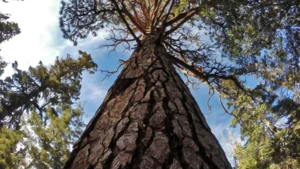


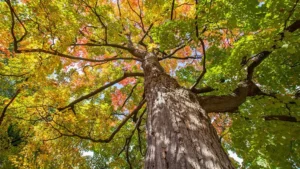
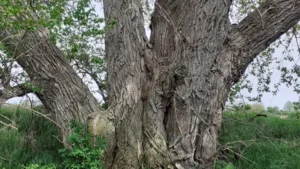
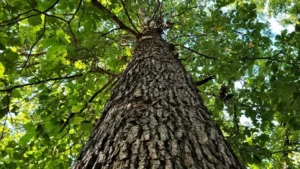

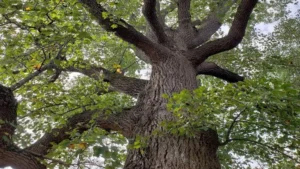
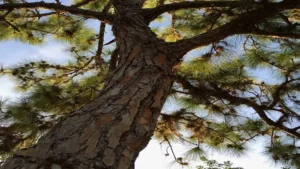
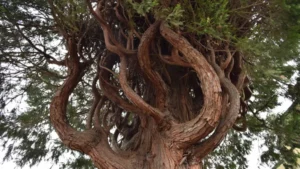
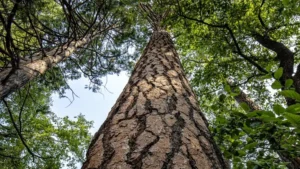
Leave your comment